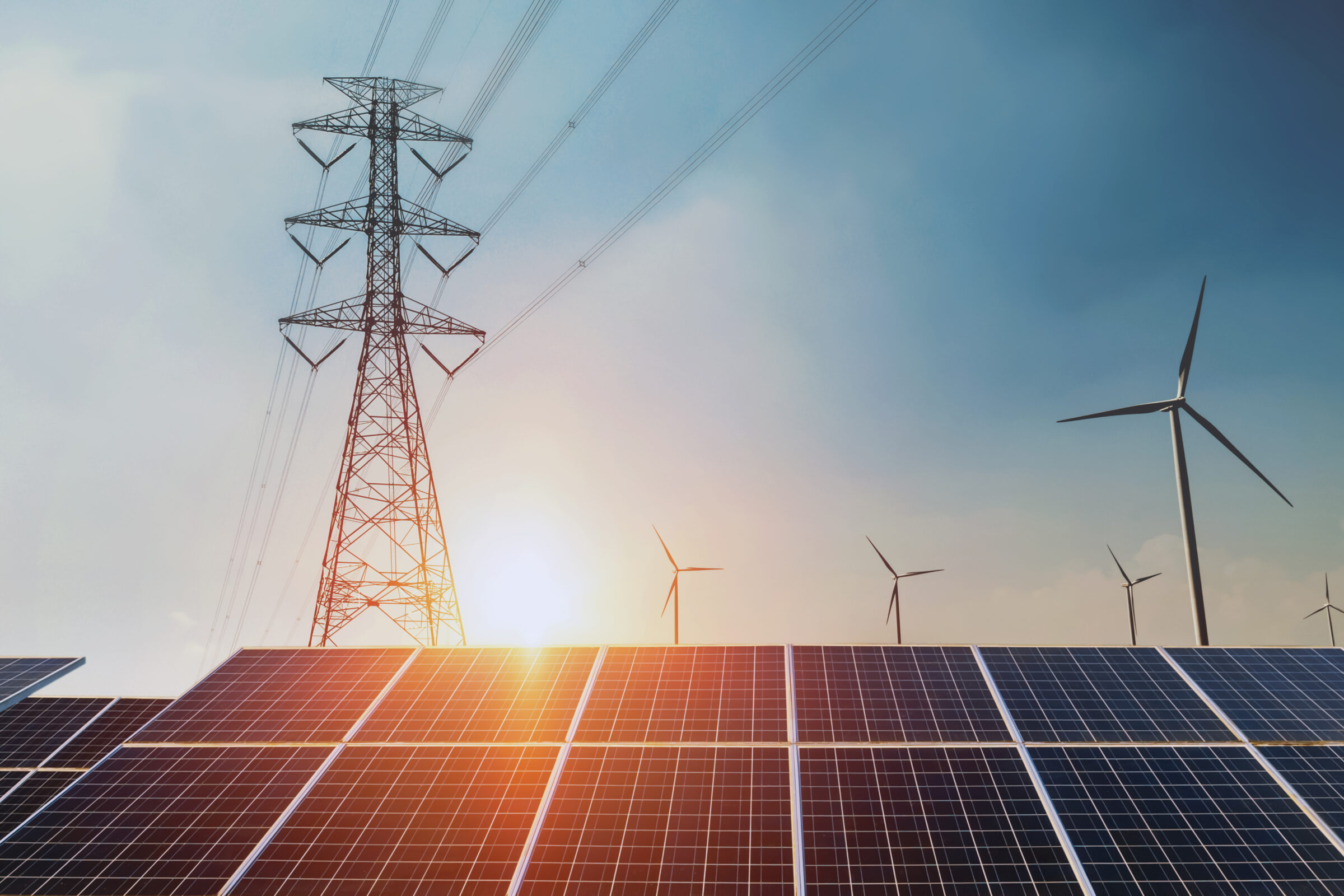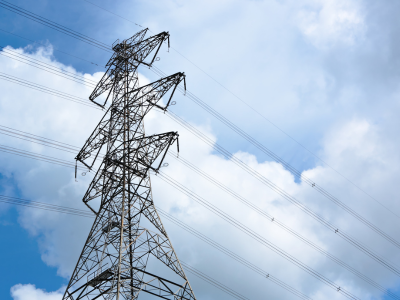FERC, governors, state regulators and utilities should focus their efforts on interregional transmission development by encouraging investments that will yield significant long-term benefits.
Barbara Tyran
Team Member
Advisor, Macro Grid Initiative
tyran@acore.org

Barbara Tyran is an Advisor of the Macro Grid Initiative, which seeks to expand and upgrade the nation’s transmission network to deliver job growth and economic development, a cleaner environment, and lower costs for consumers.
She brings outstanding federal/state government relations experience, following two decades as Director, Washington & State Relations, at the Electric Power Research Institute (EPRI) where she was the principal liaison between EPRI executive management and Congress, the Administration, the national trade associations, state legislators/regulators, and the Washington policy community.
Her background includes federal advocacy for utilities and consulting for public/private/nonprofit energy clients, with engagements involving strategic planning, policy analysis, marketing, communications policies, and external engagement strategies.
Barbara holds a BA degree with Honors from Stanford University and an MBA from Yale University.
Featured Work
Join leaders from across the clean energy sector.

What will our next 20 years look like? Here’s the truth: they’ll be better with ACORE at the forefront of energy policy.
Shannon Kellogg
Amazon Web Services (AWS)



